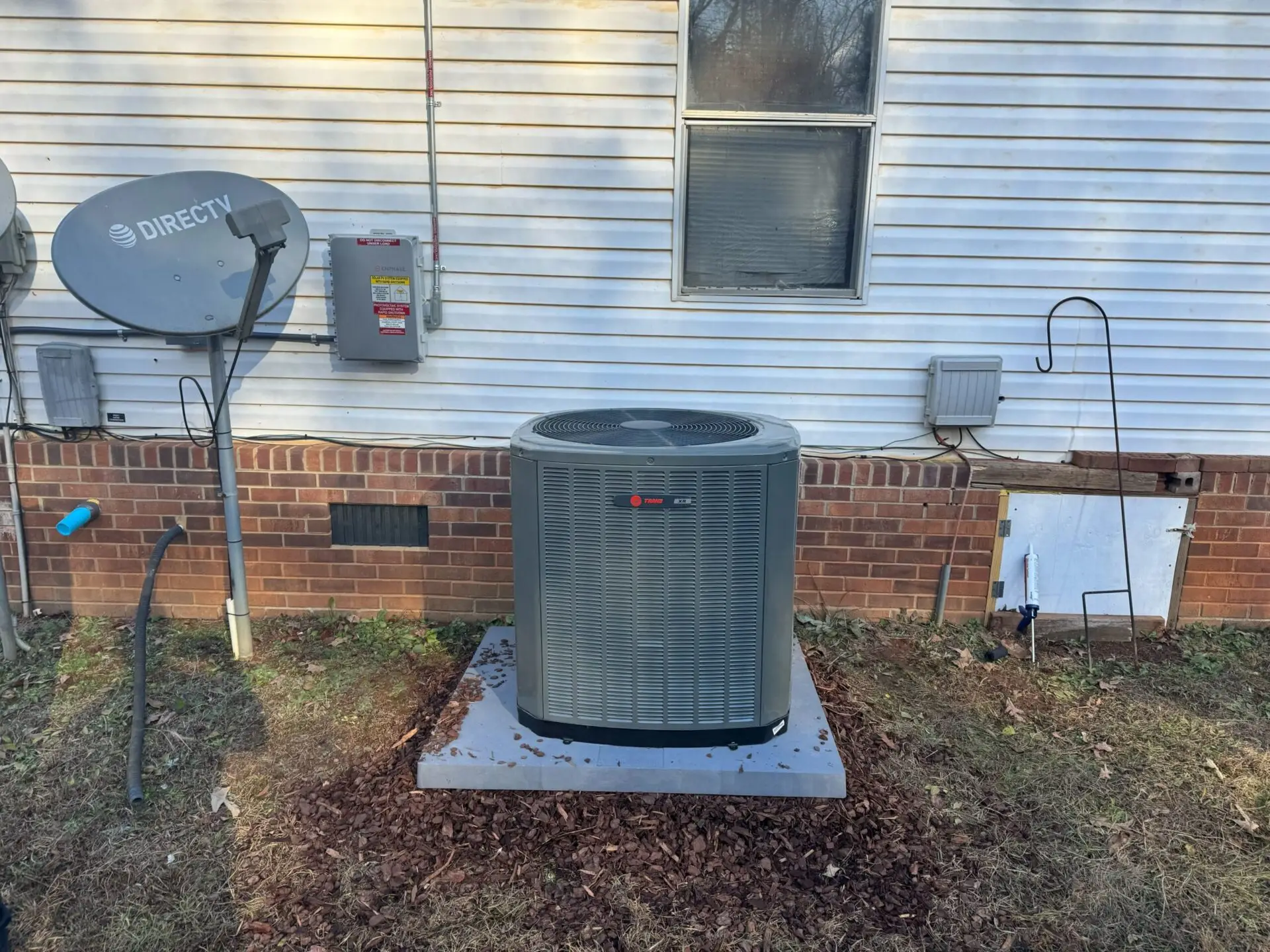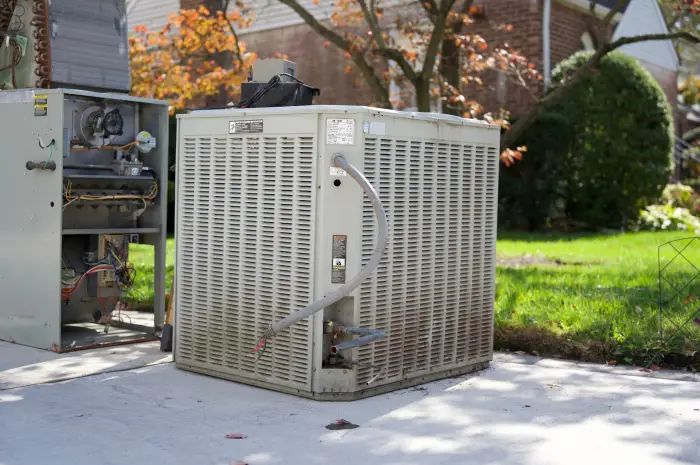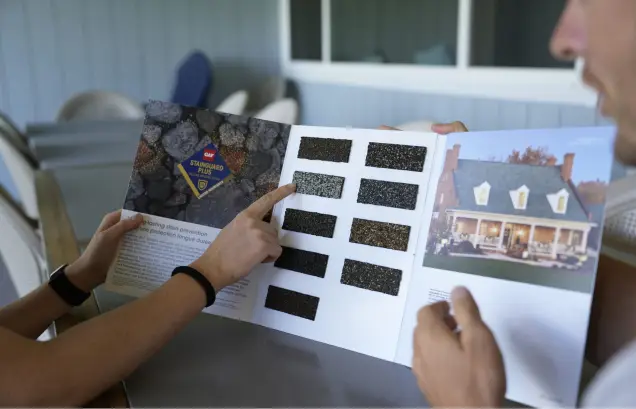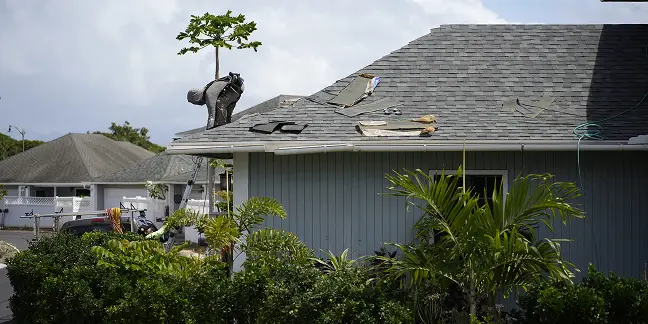When your HVAC system suddenly malfunctions, it’s easy to panic. Whether it’s the height of summer or the dead of winter, an HVAC emergency can disrupt your comfort and safety. HVAC companies offer 24/7 emergency services to address HVAC emergencies promptly and provide professional expertise for regular maintenance and repairs. But don’t worry—there are steps you can take to manage the situation effectively. At Attyx, we’ve got your back with a comprehensive guide to navigating HVAC emergencies.
1. Identifying Common HVAC Emergencies
System Not Turning On
One of the most alarming HVAC emergencies is when the system doesn’t turn on at all. This could be due to a power issue, thermostat problem, or a more severe mechanical failure.
Strange Noises
Unusual sounds such as banging, clanking, or squealing can indicate serious issues within your HVAC system. These noises often suggest problems with the motor, blower, or other internal components.
Inadequate Heating or Cooling
If your HVAC system is running but not providing adequate heating or cooling, it could be due to common air conditioning issues such as a refrigerant leak, blocked vents, or a failing compressor. A frozen coil in an air conditioner is a common reason for it not blowing cold air. If the AC unit is blowing hot air instead of cool air, it may indicate a need for professional repair or maintenance.
Water Leaks and Refrigerant Leak
Water pooling around your HVAC unit can indicate a clogged condensate drain, frozen evaporator coils, or other moisture-related issues. A clogged drain line can lead to potential water backups and damage to the system and building.
2. Performing Temporary HVAC Fixes
Check the Thermostat
Sometimes, the issue is as simple as a misconfigured thermostat. Ensure it’s set to the correct mode (heat or cool) and temperature. Replace batteries if necessary.
Reset the System
For systems that aren’t turning on, try resetting the unit. Turn off the HVAC system, wait for about 5 minutes, and then turn it back on. This can sometimes clear minor faults.
Inspect Air Filters
Dirty or clogged air filters can cause a range of HVAC issues. Clean air filters are essential for maintaining good indoor air quality by keeping the air free from dust and allergens. Check your filters and replace them if they’re dirty. This can improve airflow and system performance.
Clear Debris from Outdoor Unit and Clogged Drain Line
If you have an outdoor unit, ensure it’s free from debris like leaves, dirt, and grass. Blockages can cause the system to overheat and malfunction.
Thaw Frozen Coils
If you notice ice buildup on the evaporator coils, turn off the system to allow the ice to melt. You can use a hairdryer on a low setting to speed up the thawing process. Once melted, check for potential causes like blocked vents or low refrigerant levels. Refrigerant leaks should be addressed promptly due to their potential harm to the environment and health, as well as the impact on the efficiency of HVAC systems.
3. Knowing When to Call a Professional
Electrical Issues
If you suspect an electrical problem, such as a tripped breaker or burnt wires, it’s best to contact a professional. Electrical issues can be dangerous to handle without proper training.
Persistent Problems
If the same issue keeps occurring despite your efforts, it indicates a deeper problem that needs expert attention. Continuous problems can lead to more significant damage if not addressed promptly.
Unusual Smells and Carbon Monoxide Leak
Foul odors like burning or gas smells should never be ignored. These can signal serious hazards such as electrical faults or gas leaks, requiring immediate professional intervention.
Water Damage
Significant water leaks or signs of water damage around your HVAC unit should be handled by a professional. Water damage can lead to mold growth and structural issues.
4. Preventive Measures to Avoid Future Emergencies
Regular Maintenance
Schedule regular HVAC maintenance to keep your system running efficiently. Professional technicians can spot potential issues before they become emergencies.
Replace Old Systems
If your HVAC system is over 10-15 years old, consider replacing it. Newer systems are more efficient and less prone to breakdowns.
Install Surge Protectors
Protect your HVAC system from electrical surges by installing surge protectors. This can prevent damage from lightning strikes and power outages.
Keep Vents Clear
Ensure that all vents and registers are unobstructed. Blocked vents can cause your system to work harder and increase the risk of failure.
Handling HVAC emergencies can be daunting, but with the right knowledge and quick action, you can manage most urgent HVAC issues effectively. Remember, temporary fixes are just that—temporary. For long-term reliability and safety, always consult with a professional. By taking preventive measures and staying vigilant, you can minimize the chances of future HVAC emergencies. At Attyx, we’re here to help you maintain comfort and efficiency in your home.





